Dermatologists Say These Eye Creams Are the Only Ones That Really Work
For years, the beauty industry has been squabbling over whether or not eye cream is an essential skincare product. Everyone from beauty editors to dermatologists have been debating whether or not we really need to be applying an entirely separate product to our eye area for what seems like forever. While some argue a hard-working moisturiser is enough, others declare that the unique nature of the skin around our eyes calls for special treatment.
And the truth is there probably is no one-size-fits-all answer. If you don't have any major concerns about the skin around your eyes, there's probably no need to fork out for an eye cream. However, if you want to treat dark circles, fine lines or dryness, an eye cream is likely a good idea.
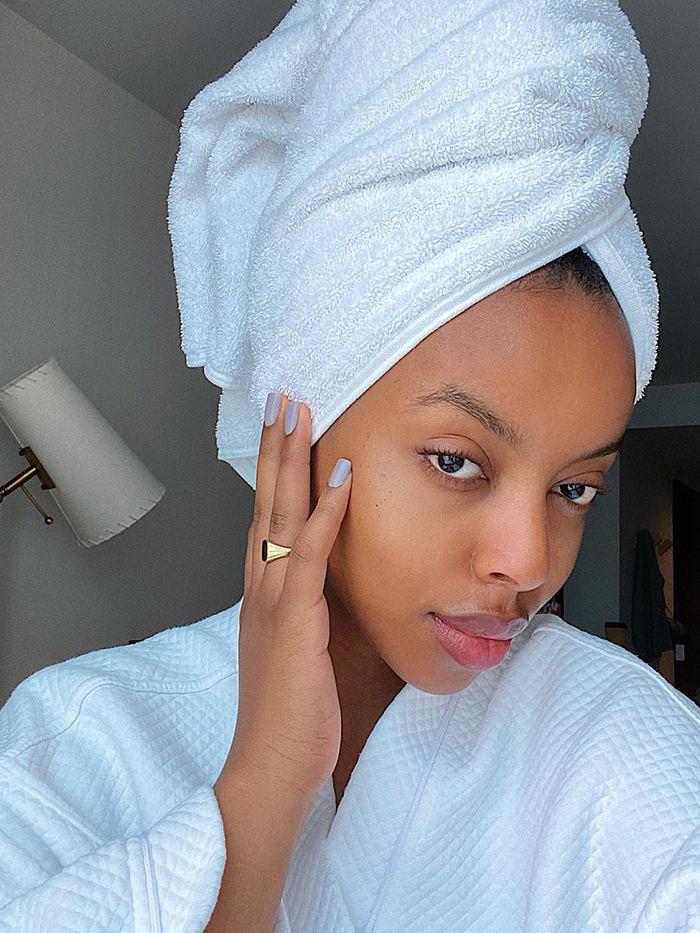
If, historically, you have struggled to find an eye cream that works, we've got you. To help separate the wheat from the chaff, we reached out to some of the top dermatologists we know to get their best advice when it comes to eye cream. The key takeaway from it all? If you want your eye cream to make a noticeable difference to the appearance of your eye area, you've got to look for specialist ingredients. "Eye creams can help reduce dark circles, reduce fine lines and minimise puffiness. It is difficult to single out one specific cream as it really depends on what your individual concerns are—it is paramount to know what you want to address before investing," says Hassan El Husseini, dermatologist at Dr. Kayle Aesthetic Clinic.
So to help determine which eye creams out there are most likely to actually help treat your eye concerns, we asked the experts what they consider to be the best (and non-negotiable) ingredients in eye creams for specific concerns. So whether you're looking to tackle dark circles or fine lines, keeping scrolling for everything you need to know about eye creams.
1. Best Eye Creams for Dry Skin: Hyaluronic Acid and Ceramides
The skin around our eyes is particularly delicate, making it prone to dryness and irritation. "Hydration is key around the eyes because the skin in this area is extremely thin and has fewer oil-producing glands. Eye creams should be applied gently with light pressure whilst taking precautions to ensure the cream does not go inside the eye itself," says Hayley Leeman, consultant dermatologist at the Cadogan Clinic.
If you often find the skin around your eyes to be reactive, dry, red or tight, it's very likely you'll benefit from using a hydrating eye cream. The secret? To keep things simple and avoid any potentially irritating actives. "Look out for key ingredients like hyaluronic acid and ceramides to pull in moisture and lock it in," says Ifeoma Ejikeme, CeraVe consultant dermatologist. Hyaluronic acid won't just help to hydrate your eye area, but it can also help plump out dehydration lines. Meanwhile, ceramides deliver utmost nourishment to avoid any irritation-related dryness and strengthen the skin barrier.
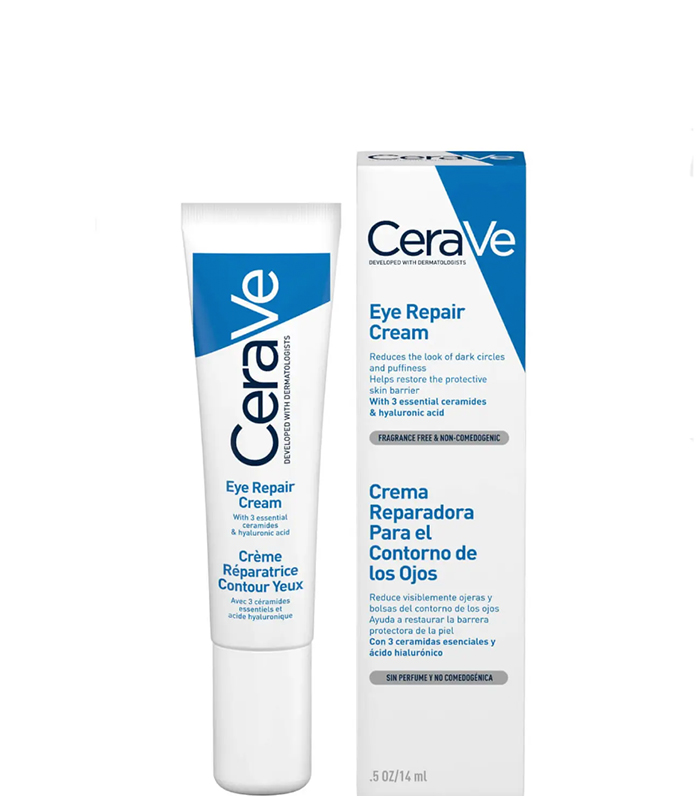
Formulated with both ceramides and hyaluronic acid, this affordable eye cream really does it all. Without any fragrance, it isn't a particularly sensorial product to use, but we can assure you it does exactly what it promises.
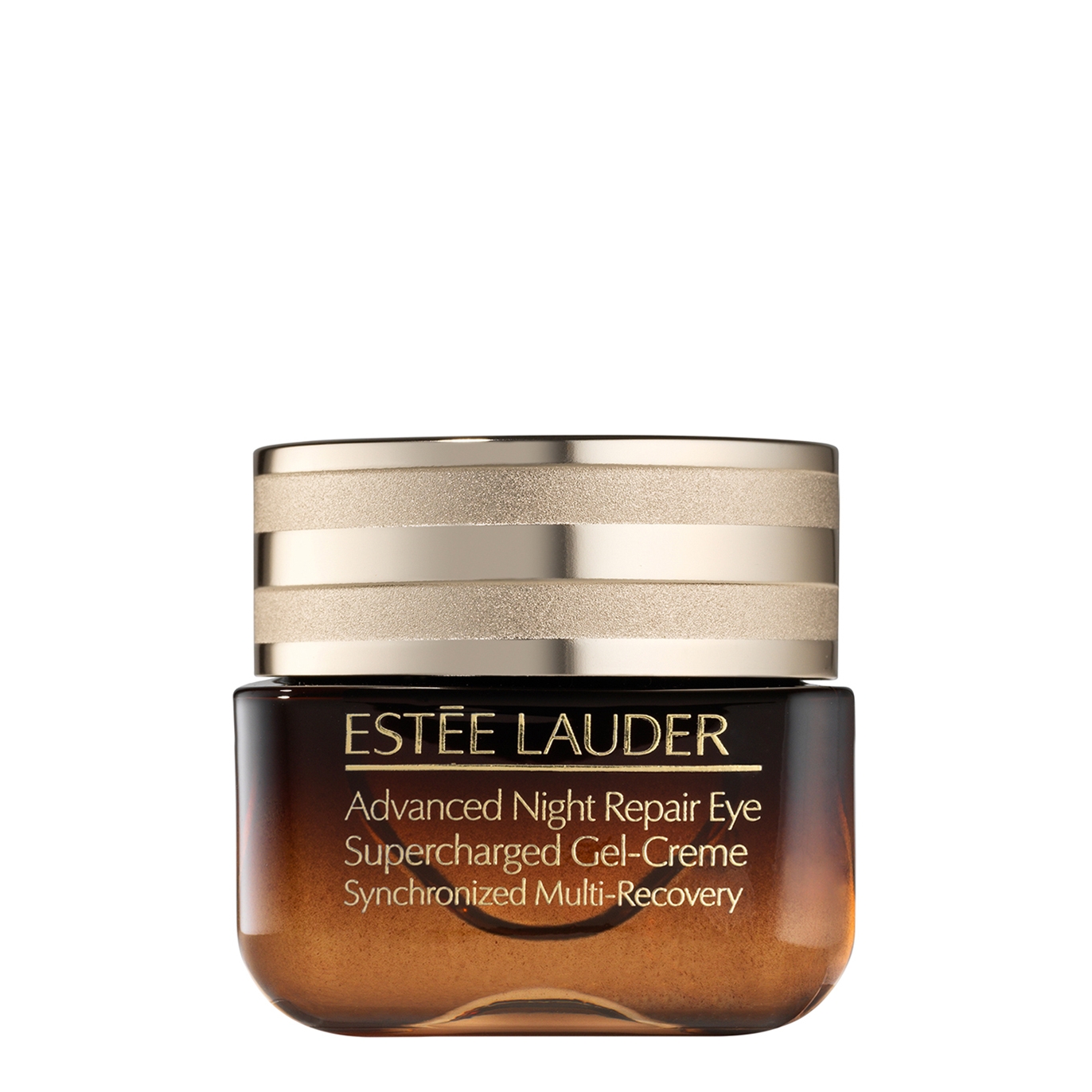
Somewhat of a cult product, Estée Lauder Advanced Night Repair Eye Supercharged Gel-Creme (catchy, we know) is a real all-rounder. If you feel as though the skin around your eyes just needs a bit of a helping hand, this one's for you. With oodles of hyaluronic acid to deliver deep hydration, it's also formulated with soothing vitamin E and protective antioxidants.
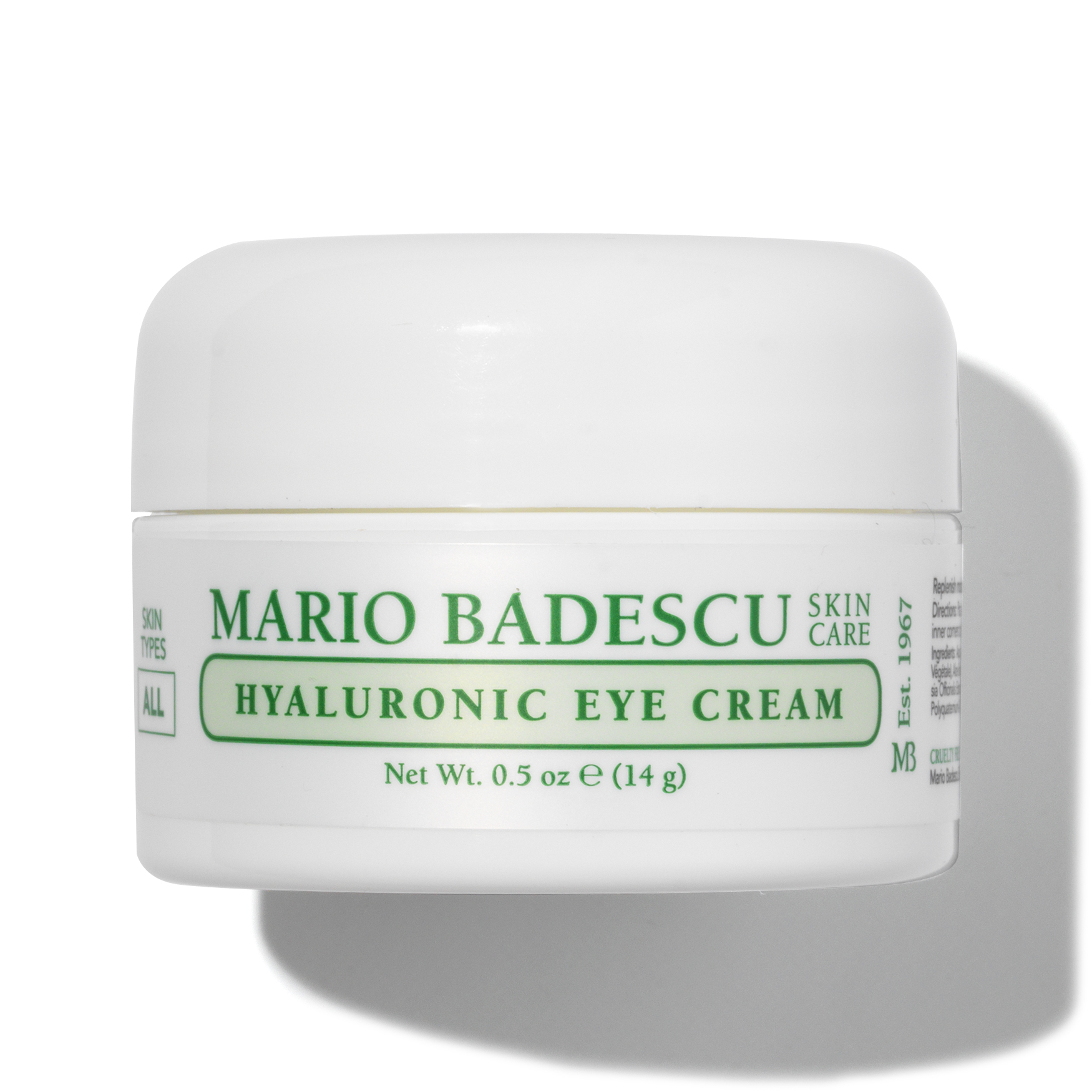
If you're after a basic, no-fuss eye cream that delivers a bit more hydration than your normal moisturiser without overwhelming the delicate skin around the eyes, this is it. With hyaluronic acid and safflower seed oil, this eye cream is the ultimate hydrator.
2. Best Eye Creams for Fine Lines: Retinoids and Peptides
Due to the fact the skin around the eye area is lacking in natural oils and is comparatively thinner to the skin in other areas of the face, it also tends to be one of the first places to show signs of premature skin ageing. While it's typically advised you keep any strong active ingredients away from the delicate eye area, specially formulated eye treatments that contain retinol could help reduce the appearance of fine lines.
However, experts warn it's important to remember the limitations of the retinol in our skincare products. "Retinoic acid is the only topical treatment which is evidence-proven to reduce photoaging and fine lines. It may cause local irritation initially, so consider applying it a few nights a week to begin with," says Leeman. However, she also adds that it's important to remember that although retinoic acid is a proven retinoid, the retinol we commonly find in skincare products is still a few "conversions" away from this, meaning it won't be nearly as effective. "If you would like a prescriptive-strength treatment, see a dermatologist," she says.
Besides retinol, it's also worth looking for eye creams that contain peptides. "If you worry about skin ageing around the eyes, peptides are a good ingredient because they support collagenesis and regenerate the skin," says El Husseini.
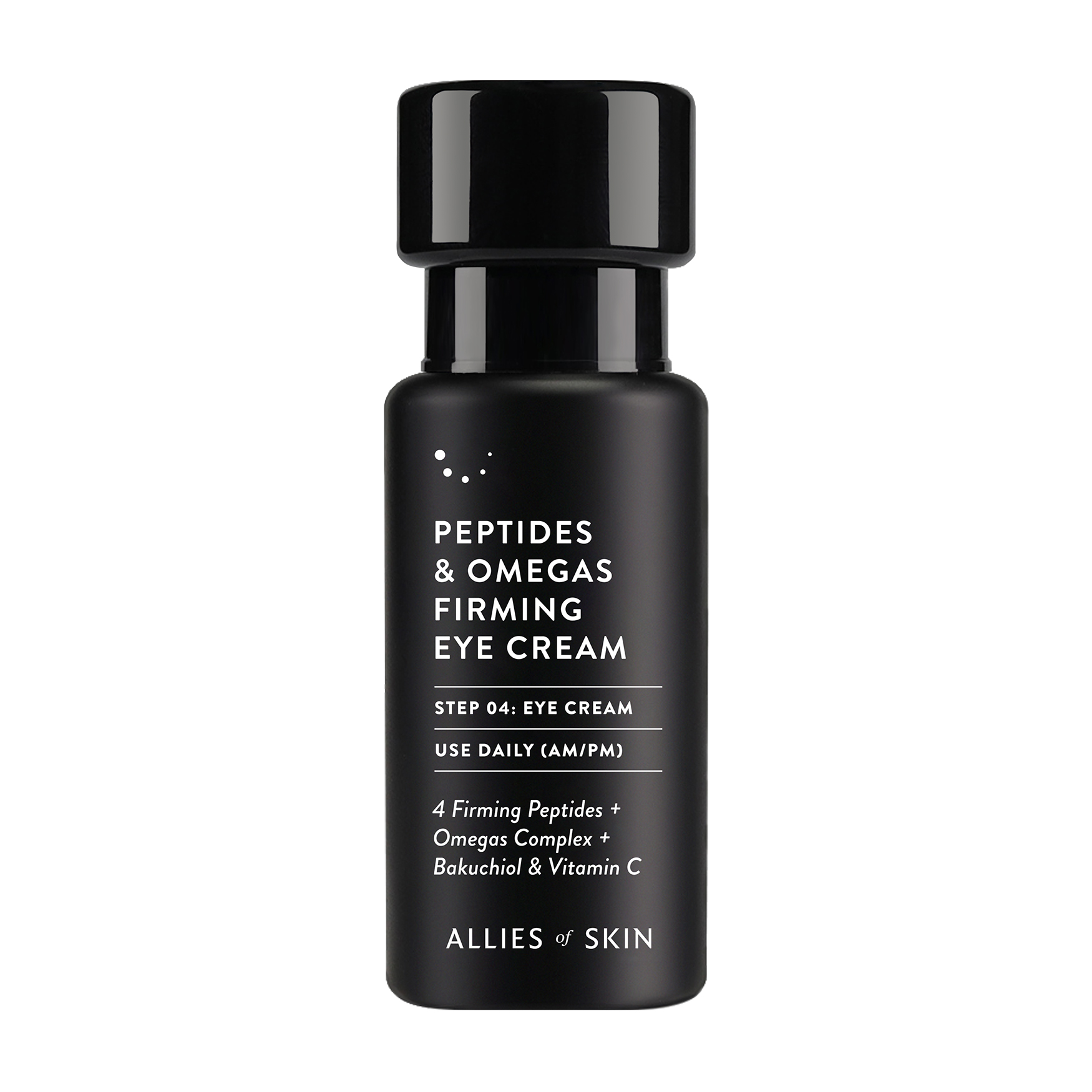
Considering it's formulated with peptides to help plump fine lines, omegas to help restore the skin barrier and provide nourishment, vitamin C to brighten, and bakuchiol to do somewhat similar regenerative work as retinol, it's no wonder this cream is such a hit amongst beauty editors.
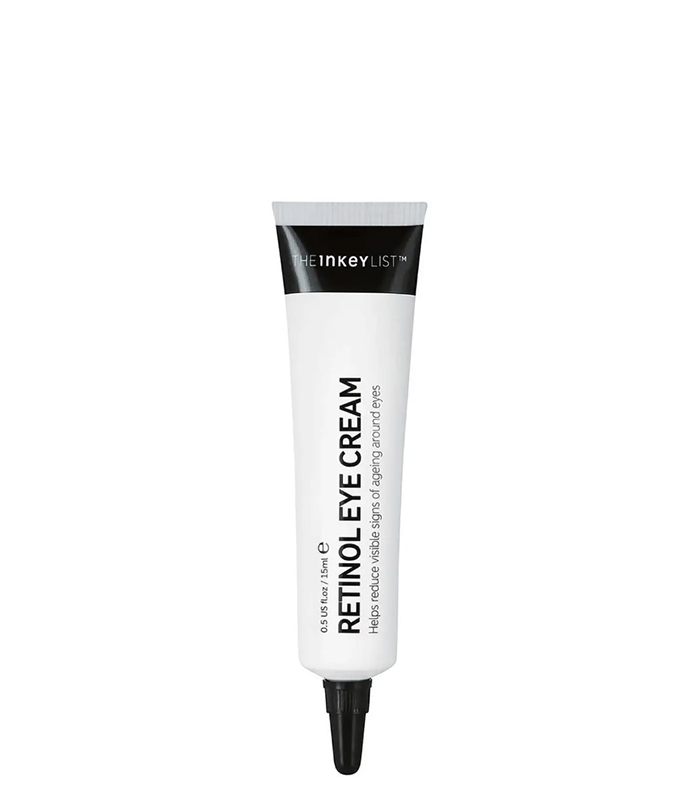
As one of the most affordable retinol eye creams out there, this product from The Inkey List showcases the brilliance of simplicity when it comes to eye creams. It might not turn back the skin clock five years (no product will, FYI), but it will help your eye area appear brighter and more youthful.

Less of an eye cream and more of a lightweight treatment, this product is a hit amongst skin experts. Peptides help to stimulate plumping collagen production and soothe any potential irritation, while proteins work against puffiness.
3. Best Eye Creams for Dark Circles: Vitamin C
Here at Who What Wear, we're more than aware of the fact that dark circles are incredibly hard to treat. While no topical eye cream is ever going to eradicate them fully (especially if the cause of yours is genetic), certain ingredients are far more likely to help than others. "If you want to brighten the skin around your eyes, choose a cream that is rich in antioxidants, such as vitamin C.
Not only is vitamin C an effective antioxidant (this will help protect your skin against damage caused by external aggressors such as UV rays and pollution), but it is also thought to help reduce the appearance of pigmentation that can make dark circles seem more prominent and stimulate collagen production.
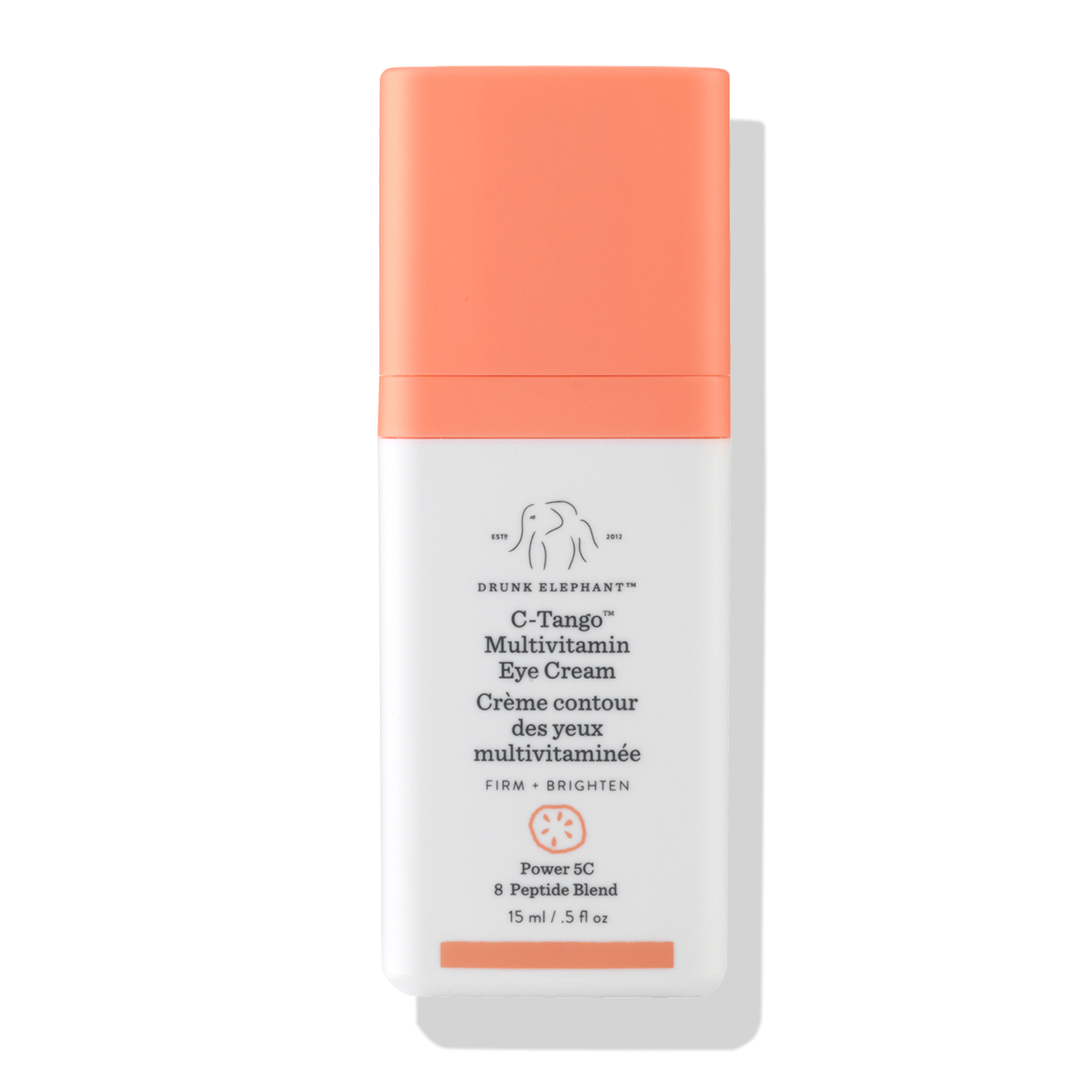
I know many beauty editors who consider this to be one of the best eye creams out there. It contains cucumber extract to help soothe and hydrate, while vitamin C lends itself to reducing the appearance of dark circles. On top of this, peptides work to plump and reduce the appearance of creping and fine lines.
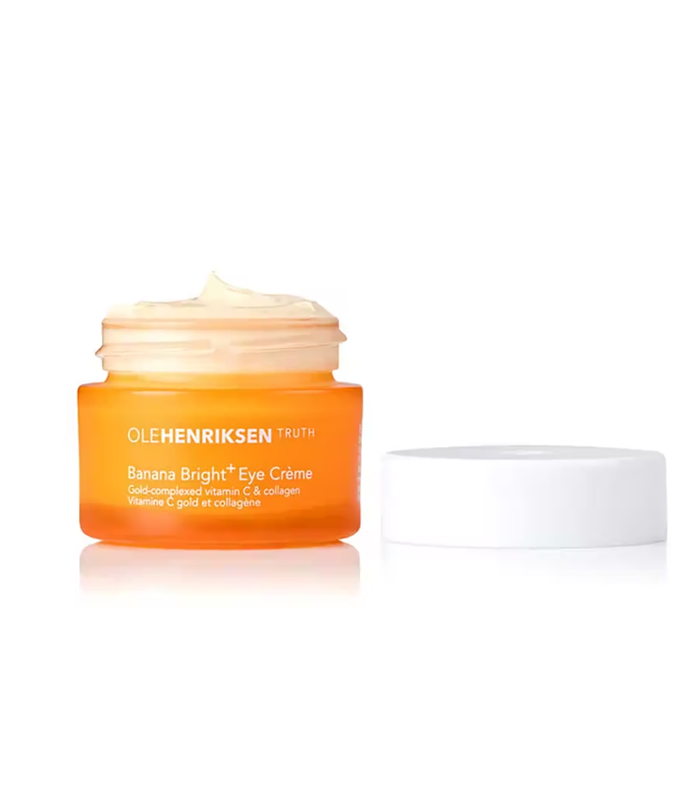
If you're after a deeply nourishing, rich eye cream that is going to actively reduce the appearance of under-eye circles, this is it. It's thick and buttery, meaning it works a treat on dry skin, while the potent vitamin C does a stellar job at making eyes appear more awake, all in a matter of minutes.
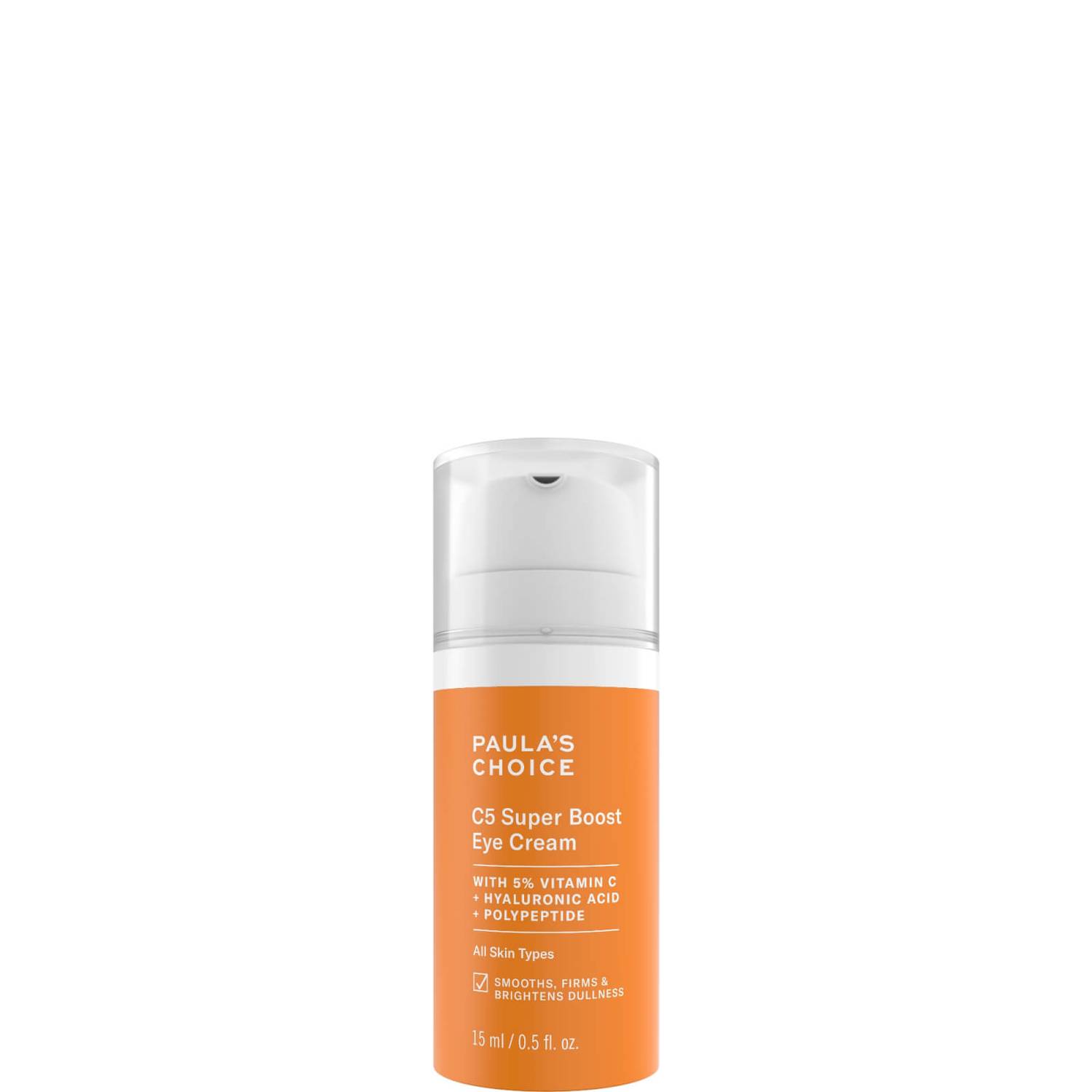
Thanks to a supercharged 5% stabilised vitamin C, this cream works quickly to target dullness under eyes. What's more, peptides and hyaluronic acid help with any unwanted fine lines and dryness.
4. Best Eye Creams for Everyday: SPF
Above everything, experts agree that the best way to treat any major skin concern is with daily application of SPF—and the skin around the eyes is no exception. "All eye creams that you use during the day should contain SPF. This is vital for preventing sun damage and wrinkles around your eyes," says El Husseini.
Often, it can be useful to apply a separate SPF eye cream. Due to fragrances and potentially irritating filters that exist in a huge number of our daily sun creams, it's typical for most people to avoid the eye area when applying their facial SPF—often subconsciously. Given the fact the skin around our eyes is more sensitive, it's not uncommon for facial SPFs to sting and cause redness around our eyes, but the skin's delicate nature in this area means it's even more prone to sun damage. To ensure you're protecting the skin around your eyes in the best way possible, it's advised you apply a separate eye cream that contains good SPF protection in the morning.
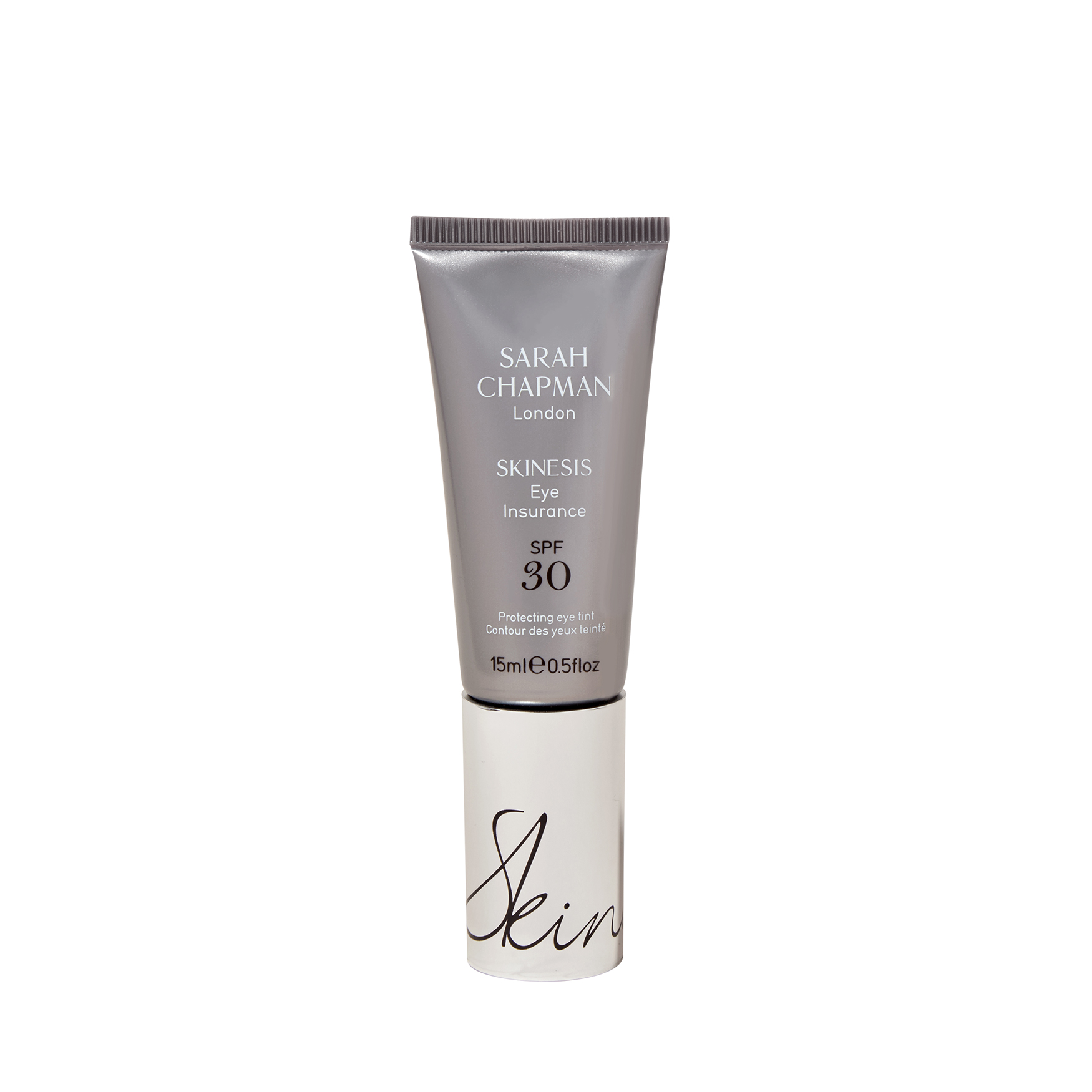
Not only does this eye cream contain an impressive SPF 30 sunscreen, but it also helps to plump and firm tired skin around the eyes. Formulated with a light-scattering complex, it also means eyes appear brighter right away.
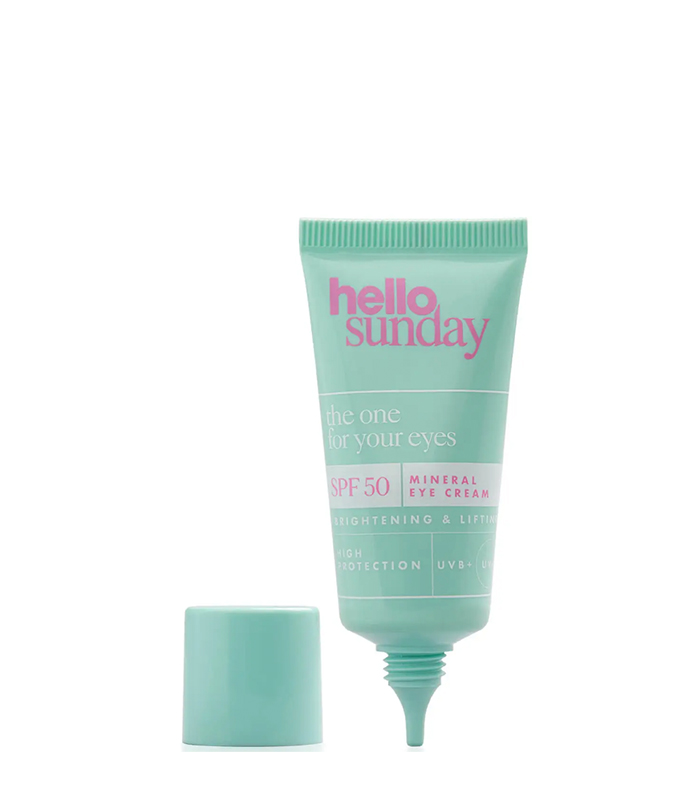
Applying SPF 50 protection around your eyes every day is never going to be a bad idea if you want to fend off signs of skin damage. Even better is the fact this particular cream also contains peptides to tackle fine lines, prebiotics to hydrate and soothe, and protective antioxidants.
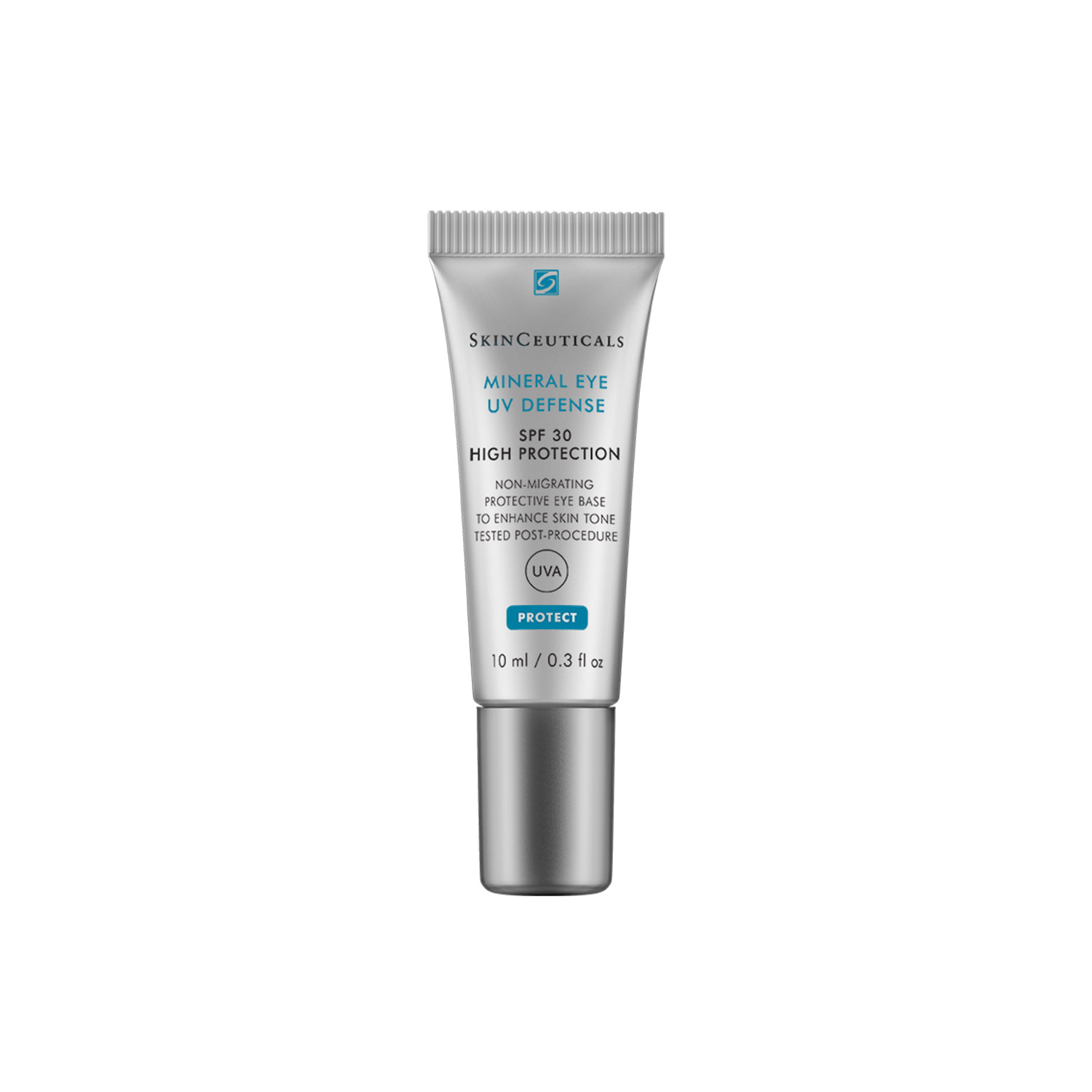
Skinceuticals' SPF products are widely adored, and this eye cream lives up to the hype. Complete with high UV protection, this mousse-like cream has a sheer, universal tint that makes it the perfect base for concealer.
5. Best Eye Creams for Puffiness:
Caffeine products can also help brighten the under-eye skin and fight signs of fatigue," reveals El Husseini.
Meanwhile, caffeine is thought to help restrict blood vessels, reducing the appearance of purple-hued dark circles.
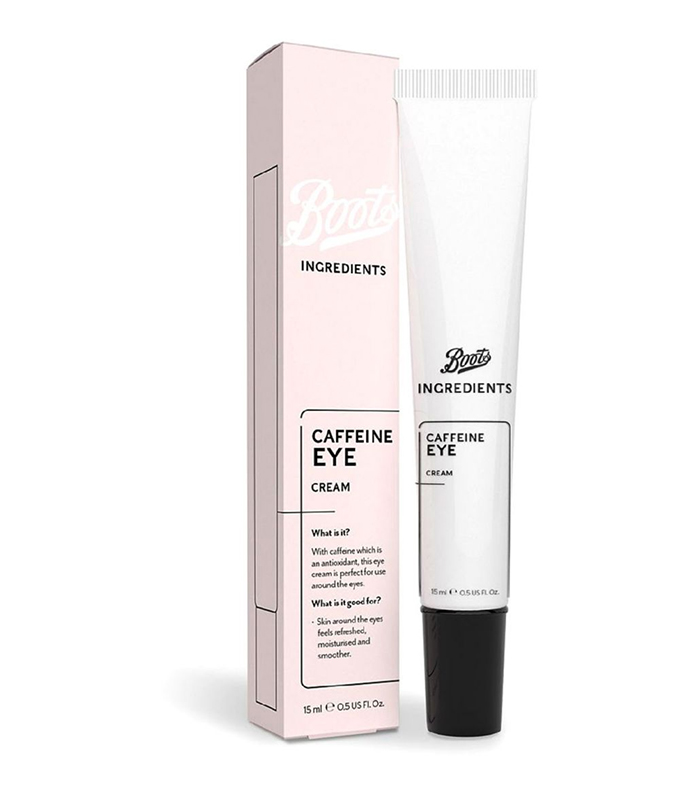
Simple but effective, this caffeine eye cream isn't going to work miracles, but it is going make you look significantly more awake. And what more can you ask for for £6?
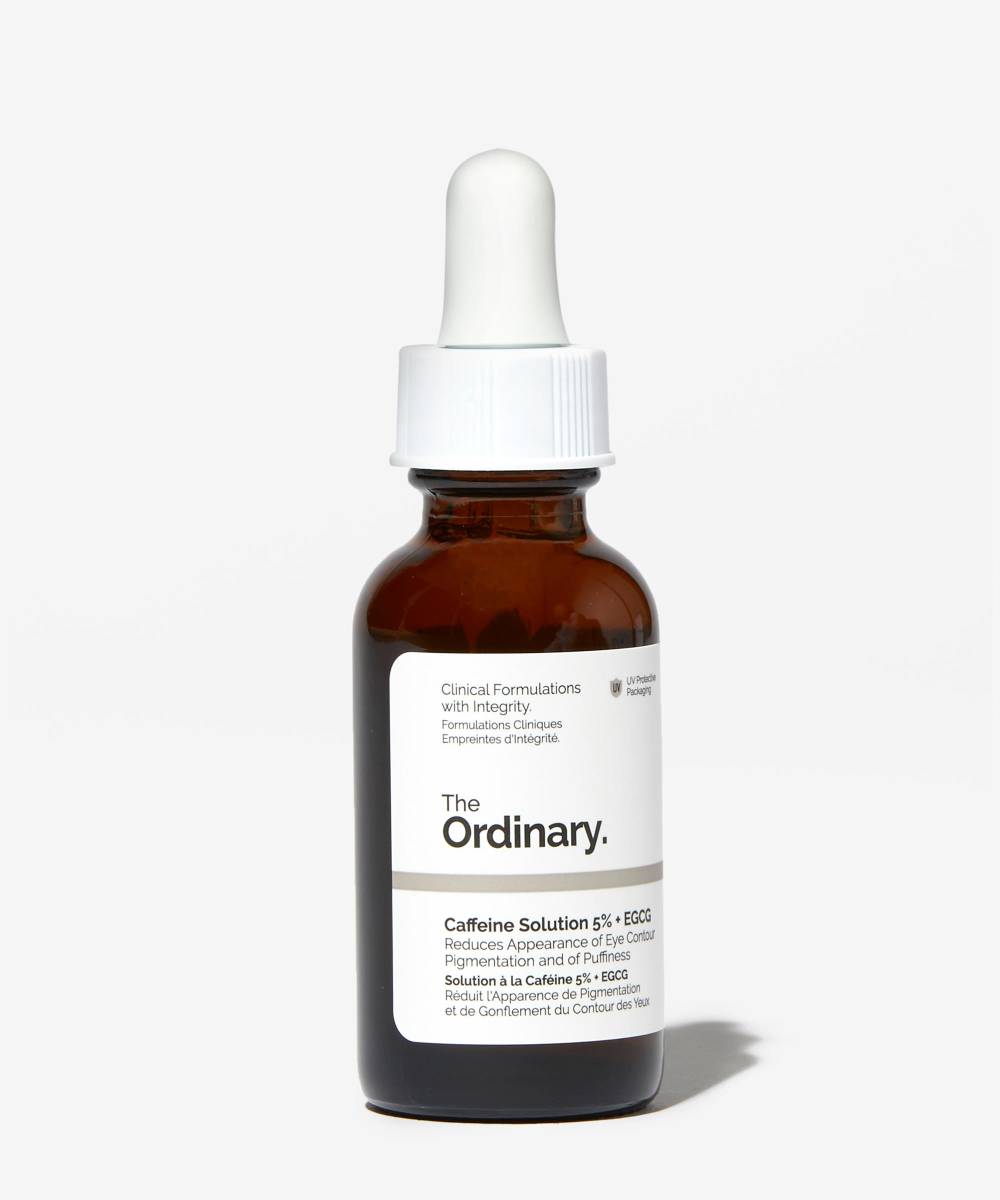
Just as a shot of coffee will perk you up for the day ahead, this concentrated caffeine blend works fast to take down puffiness and reduce inflammation around the eyes.
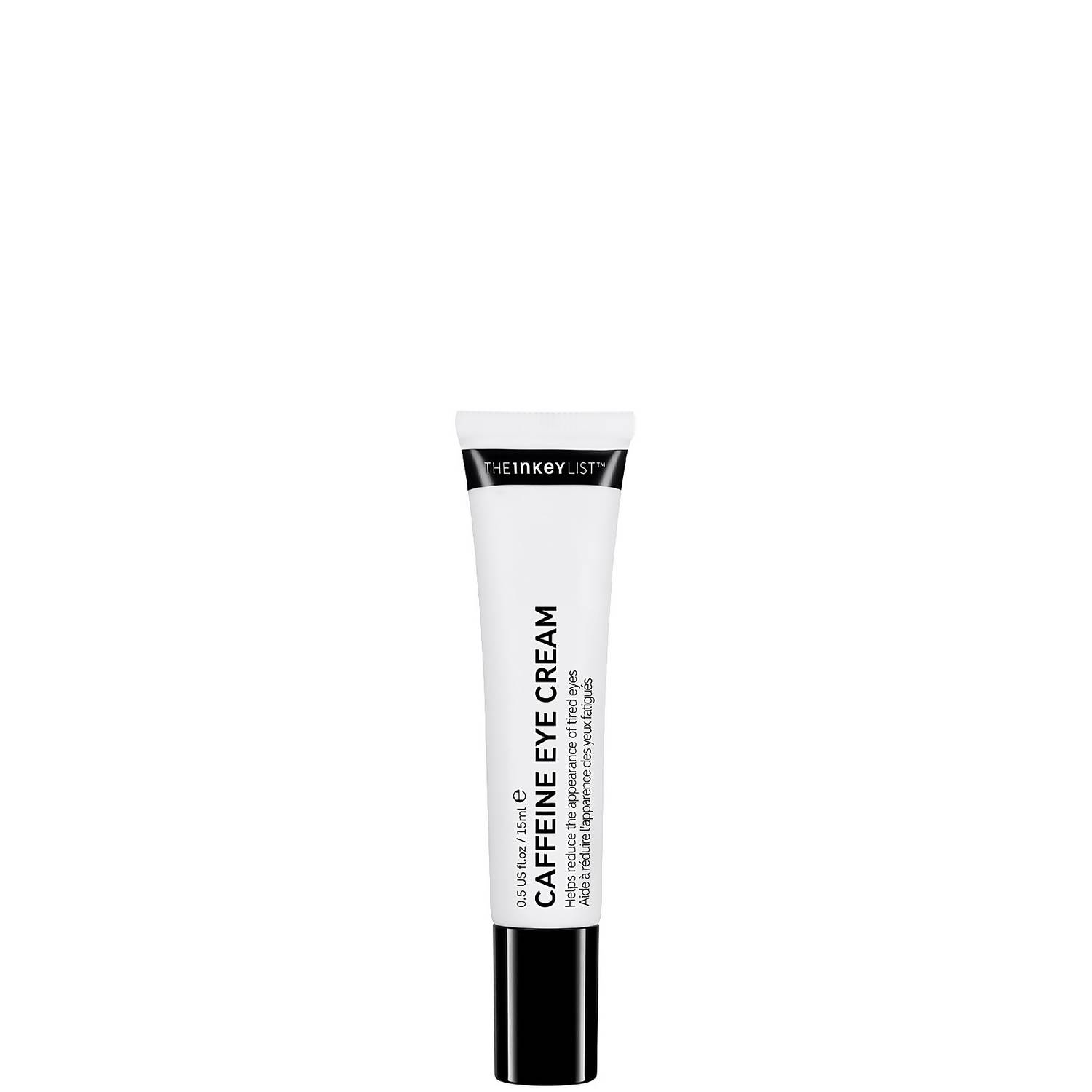
This lightweight eye cream combines the depuffing powers of caffeine with Matrixyl 3000—any age-defying peptide which boosts collagen production to target fine lines.
This story was previously published at an earlier date and has since been updated.
Next Up: Hands Down, These Are the Best Eye Products to Tackle Dark Circles and Puffiness
Shannon Lawlor is the beauty director at Who What Wear UK. With over a decade of experience working for some of the beauty industry’s most esteemed titles, including Marie Claire, Glamour UK, Stylist and Refinery29, Shannon’s aim is to make the conversation around beauty as open, relatable and honest as possible. As a self-confessed lazy girl, Shannon has an affinity for hard-working perfumes, fool-proof makeup products and does-it-all skincare.
-
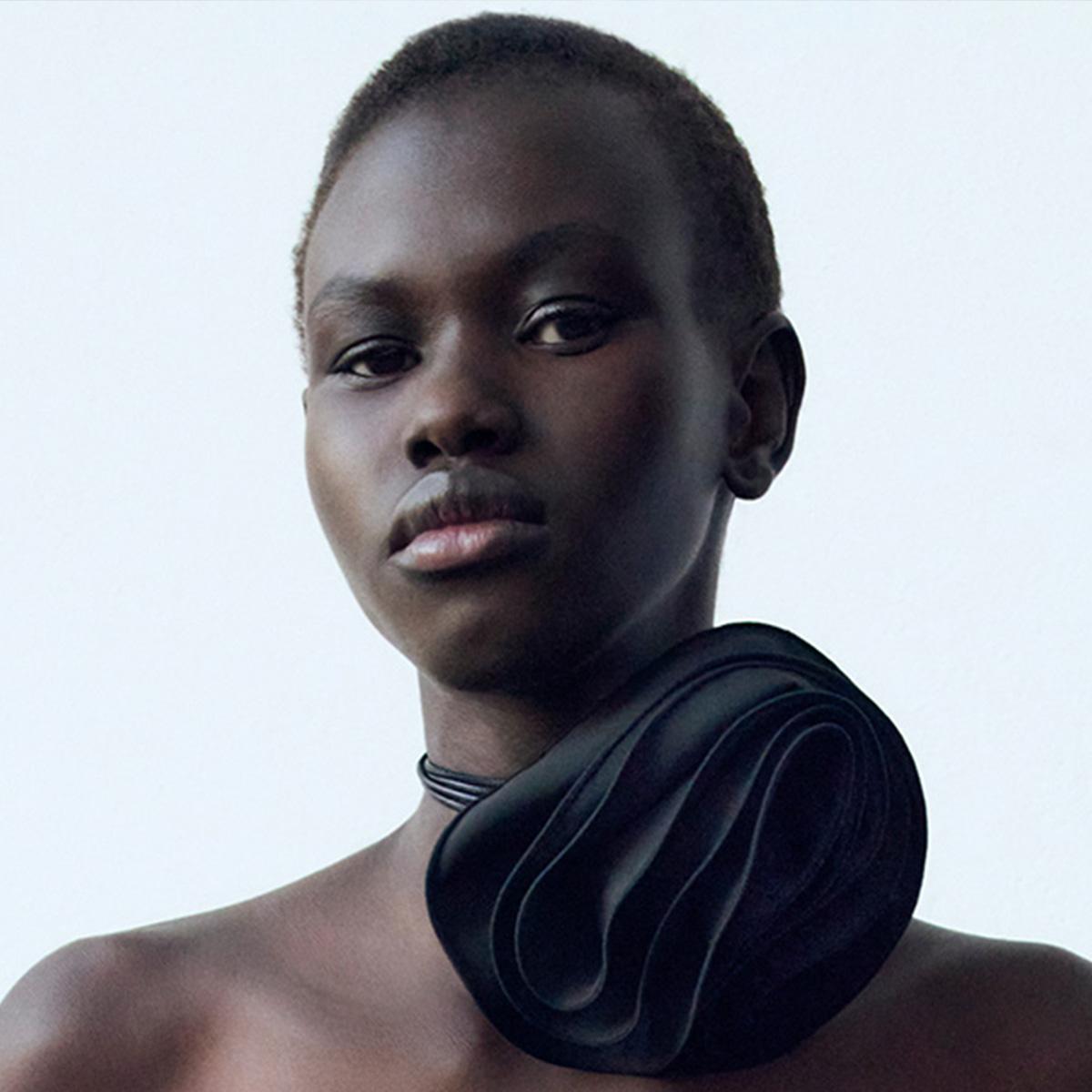 H&M Just Launched Its Latest Designer Collection, Here’s Everything You Actually Need
H&M Just Launched Its Latest Designer Collection, Here’s Everything You Actually NeedAccording to Magda Butrym herself—and us.
By Tara Gonzalez
-
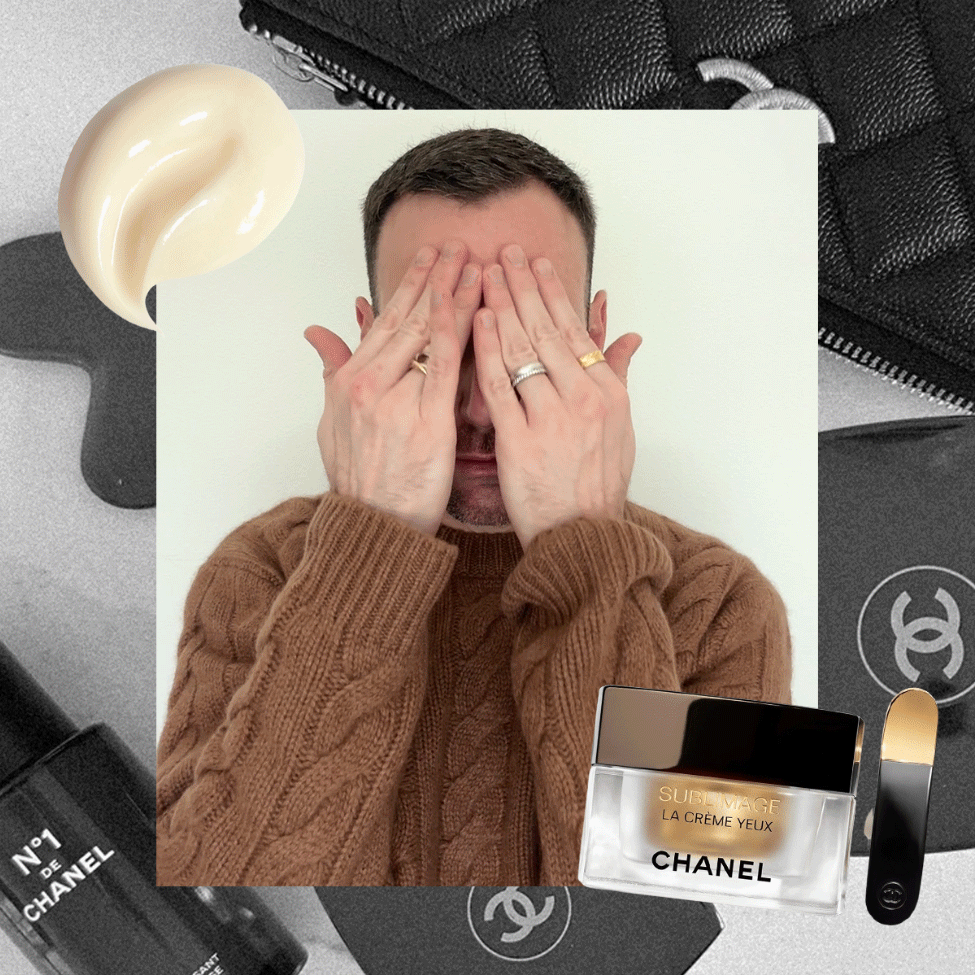 I Just Tried Chanel Skincare for the First Time, and Beauty Editors Are Right—These Products Are Fantastic
I Just Tried Chanel Skincare for the First Time, and Beauty Editors Are Right—These Products Are FantasticA+ products to hydrate, smooth fine lines, and more.
By Bobby Schuessler
-
 Hailey Bieber Applies This $20 Korean Jelly Blush on Top of Her Rhode Ones (so Now I Will Too)
Hailey Bieber Applies This $20 Korean Jelly Blush on Top of Her Rhode Ones (so Now I Will Too)It gives her soft, matte, and cloud-like skin.
By Kaitlyn McLintock
-
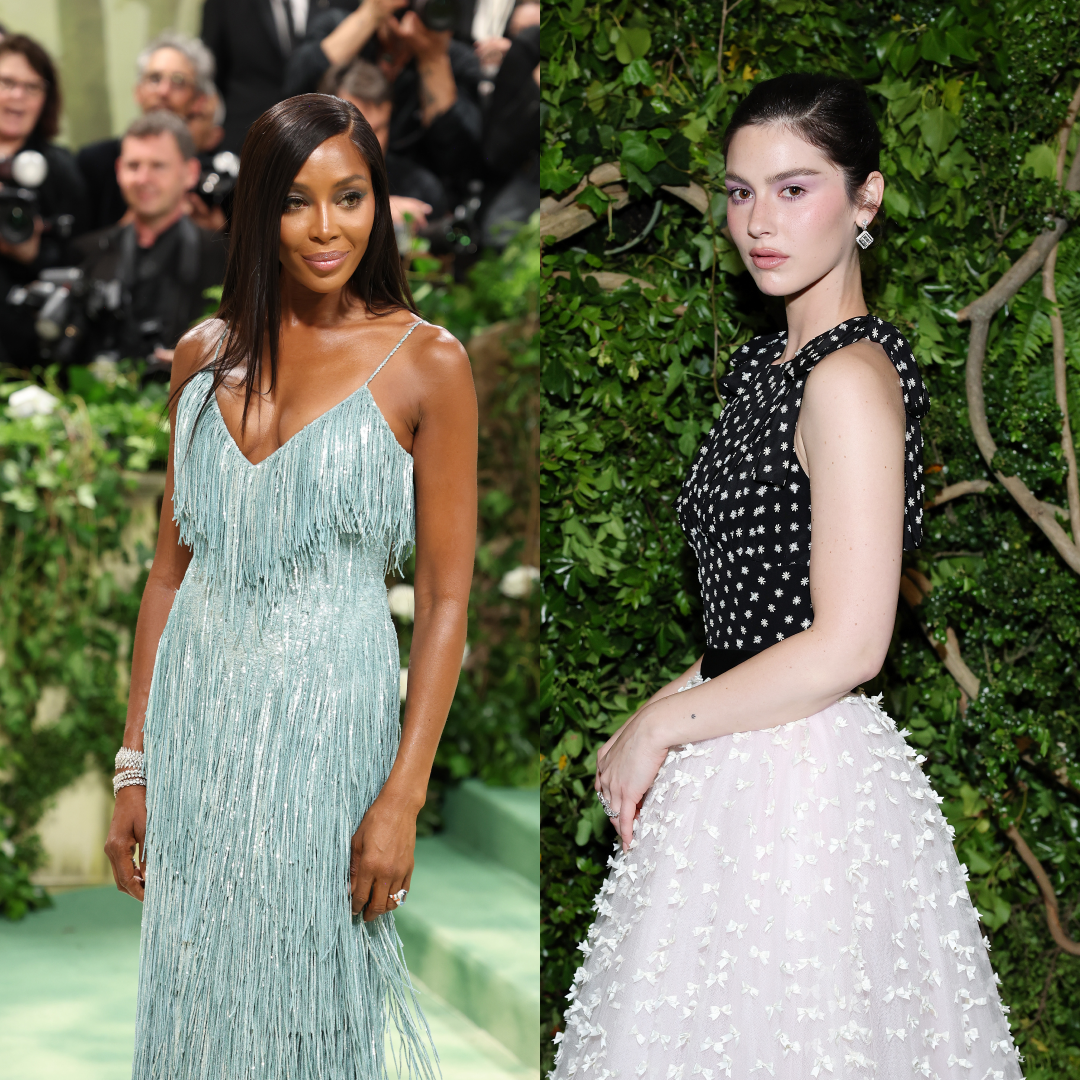 All Your Favorite Celebs Book This Lymphatic Drainage Expert Before Events—I Scored Her At-Home Tips
All Your Favorite Celebs Book This Lymphatic Drainage Expert Before Events—I Scored Her At-Home TipsGenius de-puffing tricks ahead.
By Jamie Schneider
-
 I Thought I Was Over This "Juvenile" Nail Color, But Rihanna Just Convinced Me Otherwise
I Thought I Was Over This "Juvenile" Nail Color, But Rihanna Just Convinced Me OtherwisePerfect for summer.
By Jamie Schneider
-
 Charli XCX Wore This New Designer "Puffer Gloss" While Performing at Coachella
Charli XCX Wore This New Designer "Puffer Gloss" While Performing at CoachellaIt's selling out fast.
By Kaitlyn McLintock
-
 Ava Phillippe on Her "Fantasy" Brunette Era and the $12 Lip Stain She Bought After Billie Eilish
Ava Phillippe on Her "Fantasy" Brunette Era and the $12 Lip Stain She Bought After Billie EilishRead our Unfiltered chat.
By Jamie Schneider
-
 Salma Hayek Pinault's Key to Youthful Skin? Moisturizer Sandwiches and This "Turkey Neck" Treatment
Salma Hayek Pinault's Key to Youthful Skin? Moisturizer Sandwiches and This "Turkey Neck" TreatmentNo retinol, no peels, and absolutely no injectables.
By Jamie Schneider
-
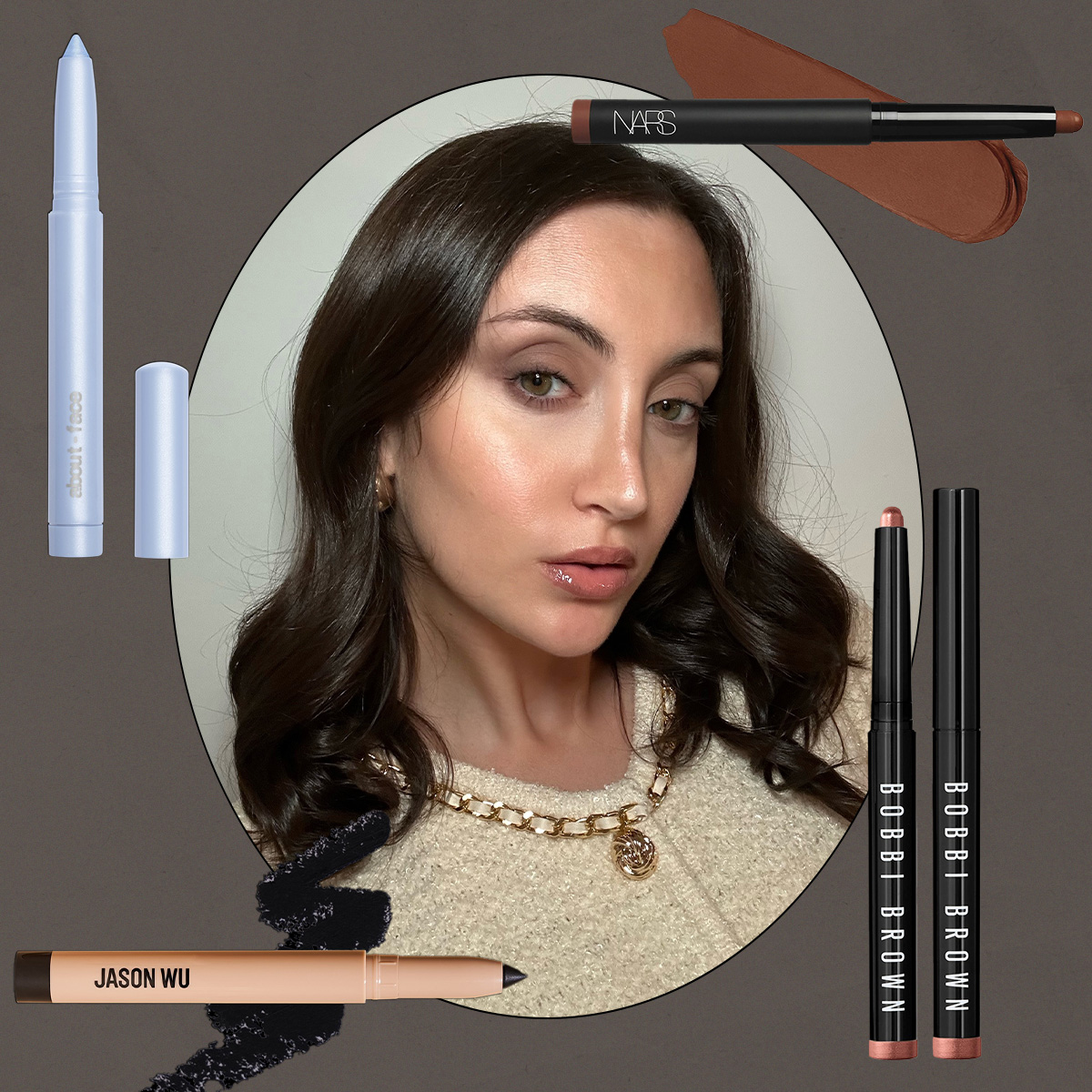 My Eye Shadow Stick Obsession Runs Deep, But Nothing Compares to This Crease-Resistant Fave
My Eye Shadow Stick Obsession Runs Deep, But Nothing Compares to This Crease-Resistant FavePlus, more options for mature and dry skin.
By Alyssa Brascia
-
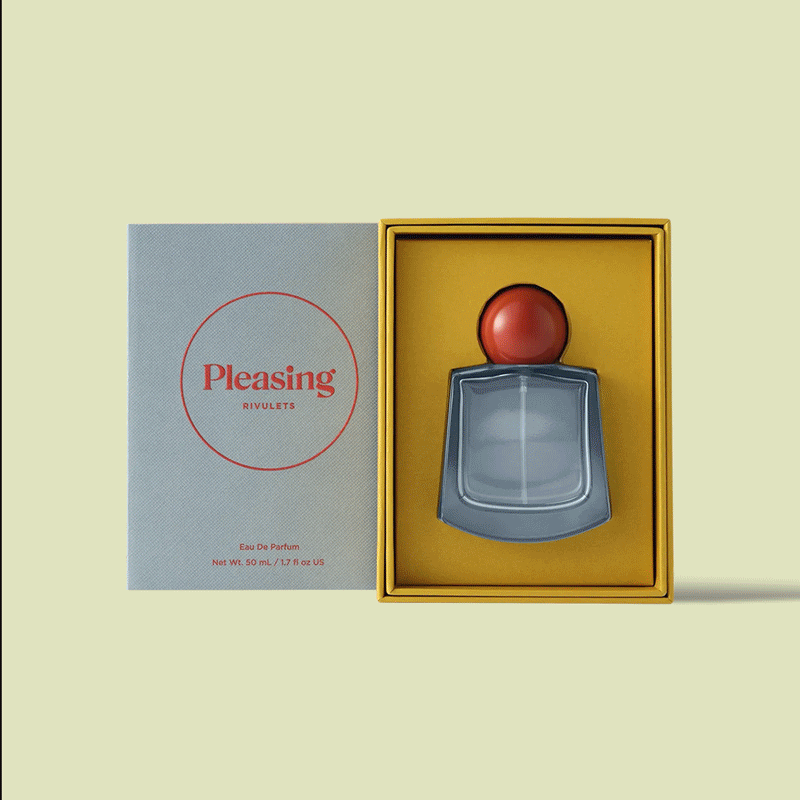 I Tested All 4 of Harry Styles's Pleasing Perfumes, and This One Was My Undeniable Favorite
I Tested All 4 of Harry Styles's Pleasing Perfumes, and This One Was My Undeniable FavoriteNew signature scent unlocked.
By Kaitlyn McLintock